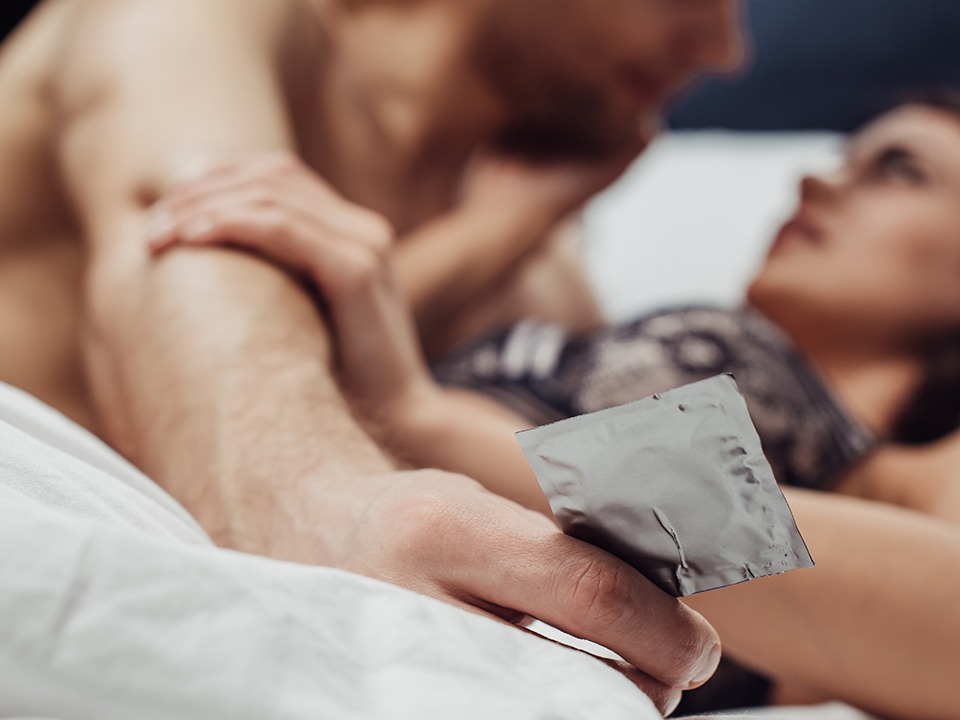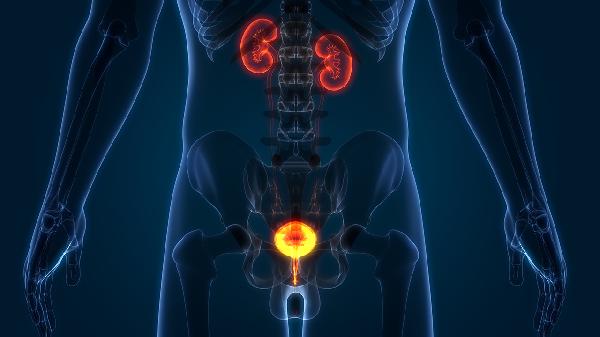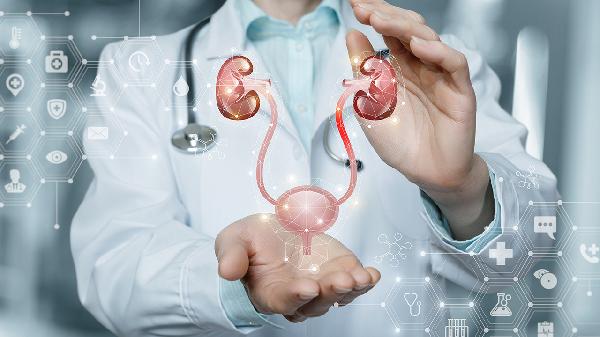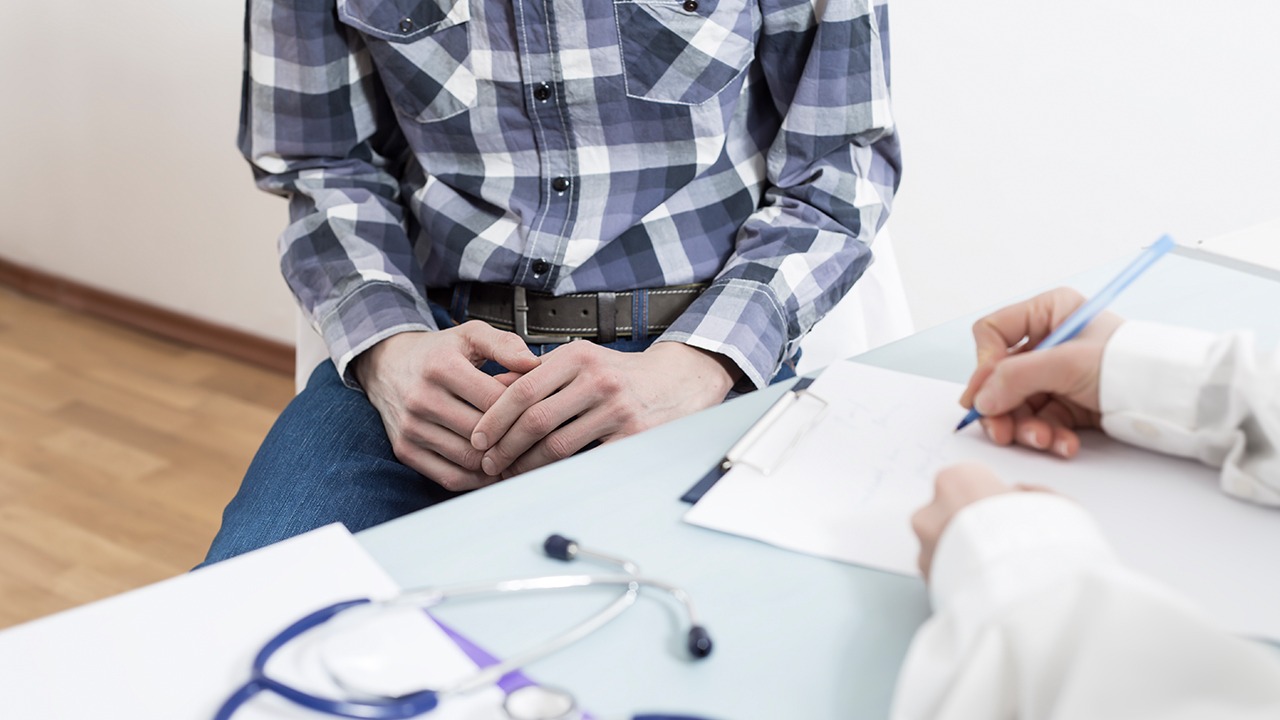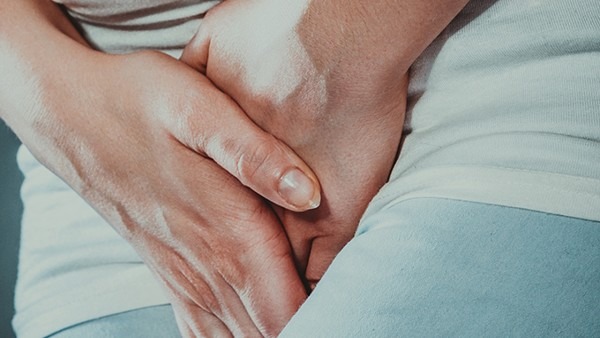Nongonococcal urethritis (NGU) is a sexually transmitted disease (STD) caused by Chlamydia trachomatis, Ureaplasma urealyticum, and other pathogens. Clinically, it presents with symptoms of urethritis, but no gonococci are found in the secretions, and bacterial cultures do not grow gonococci. Female patients often have concurrent genital tract inflammations such as cervicitis, hence it is also referred to as nonspecific genital tract infection in women. Since a single sexual encounter can simultaneously infect with gonococci and Chlamydia trachomatis, and the latter has a longer incubation period than the former, symptoms of NGU may appear after the cure of gonorrhea, known as "post-gonococcal urethritis," which is essentially a manifestation of NGU. So, how should dietary care be conducted for nongonococcal urethritis?
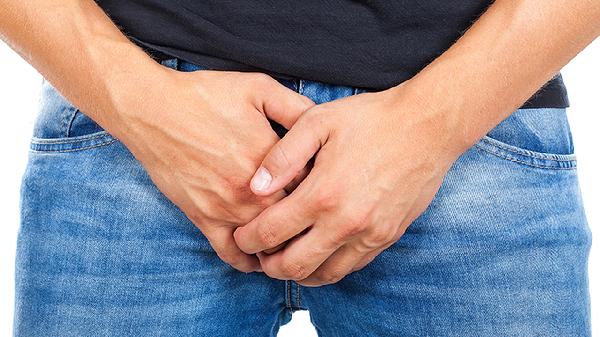
Dietary Remedies for Nongonococcal Urethritis
1. Use 50 grams of goji berries and 100 grams of poria cocos, 100 grams of black tea. Grind the goji berries and poria cocos into coarse powder, take 5-10 grams each time, add 6 grams of black tea, and steep in boiling water for 10 minutes. Drink twice daily as a tea substitute.
2. Take 50 grams of red adzuki beans and 50 grams of corn silk. Boil into a soup and drink once daily for 20 consecutive days.
3. Use 10 grams of bamboo leaves, 50 grams of fresh reed root, and 10 grams of wild chrysanthemum. Boil in water and drink, with 20 days as a treatment course.
4. Take 30 grams of rice paper plant pith and 30 grams of houttuynia cordata. Drink as a tea substitute without restriction on frequency.
5. Use 10 grams of coptis, 30 grams each of oldenlandia and purslane, 15 grams each of smilax glabra, sophora flavescens, dictamnus dasycarpus, dianthus superbus, acorus calamus, and cyathula officinalis, 6 grams each of akebia quinata and licorice. Boil one dose daily in water and take in two servings.
6. Take 10 grams each of malva verticillata seeds or roots and raw licorice. Boil in water and drink.
7. Use 30-50 grams of kapok and an appropriate amount of white sugar. Boil in two and a half bowls of water until reduced to one bowl and drink.
8. Take 200 grams of pig bladder and 60-100 grams of fresh plantain (20-30 grams if dried). Boil into a soup, add a little salt for flavor, and eat.
9. Use 30 grams each of smilax glabra and sophora flavescens, 20 grams each of phellodendron amurense and kochia scoparia. Boil one dose daily in water for external washing.
Dietary Restrictions
Avoid Spicy Foods
Spicy foods (chili peppers, ginger, scallions, garlic, etc.) can easily generate internal heat, leading to heat toxins accumulating in the internal organs, causing symptoms such as swollen gums, mouth sores, short and red urine, burning and itching in the anus, thereby exacerbating the symptoms of this disease.
Avoid Seafood and Trigger Foods
Pungent and fishy foods, such as mandarin fish, yellow croaker, ribbon fish, black fish, shrimp, crab, and other aquatic products, can promote damp-heat, and consuming them can worsen external itching, which is not conducive to the subsiding of inflammation, hence they should be avoided.
Avoid Sweet and Greasy Foods
Greasy foods such as lard, fatty pork, cream, butter, and sheep fat, as well as high-sugar foods such as chocolate, candies, sweet pastries, and cream cakes, have the effect of increasing dampness and heat, which can increase the secretion of leucorrhea and affect the treatment efficacy.
Eat More Vegetables and Fruits. If possible, eat more pumpkin seeds, and try to cook tomatoes with eggs. Eat more eggs, milk, and fish. Eat more beef and lamb. Drink plenty of water.

